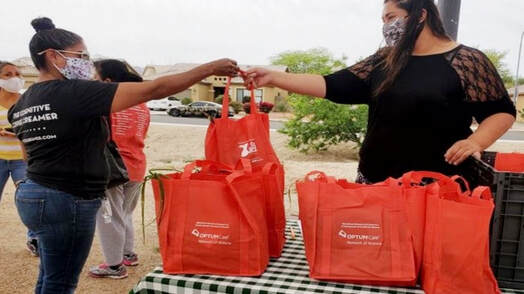- Home
- Meet CAC
- Services
-
Professional Development
- Healing with Food: Models for Positive and Joyful Eating and Feeding
- Integrating Lived Experience and Building Partnerships in ECN Work
-
Online Trainings & Webinar Recordings
>
- Connect With Effect
- Young Kids and Screens Toolkit Training
- Trauma-Informed Practice for Administrators
- FRN Communication & Website Development Training
- Webinar: Colorado Family Resource Center Association
- Webinar: Creating a Compelling FRC Story to Attract Partnerships
- Books, Joy & Justice
- How to Create an Anti-Racist FRC Environment
- Media & Publications
- Contact
- Home
- Meet CAC
- Services
-
Professional Development
- Healing with Food: Models for Positive and Joyful Eating and Feeding
- Integrating Lived Experience and Building Partnerships in ECN Work
-
Online Trainings & Webinar Recordings
>
- Connect With Effect
- Young Kids and Screens Toolkit Training
- Trauma-Informed Practice for Administrators
- FRN Communication & Website Development Training
- Webinar: Colorado Family Resource Center Association
- Webinar: Creating a Compelling FRC Story to Attract Partnerships
- Books, Joy & Justice
- How to Create an Anti-Racist FRC Environment
- Media & Publications
- Contact


